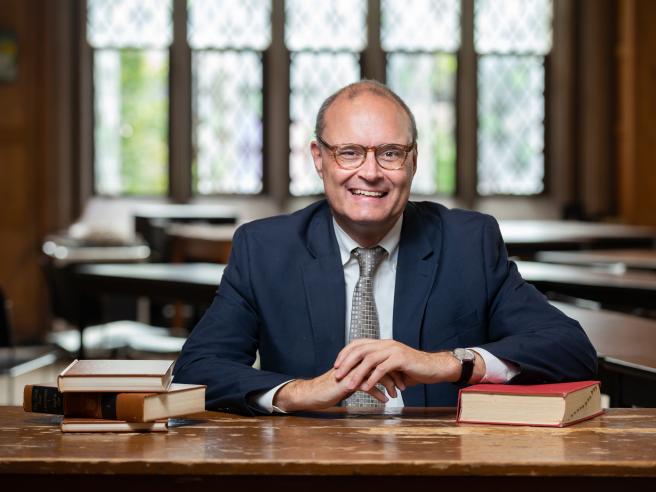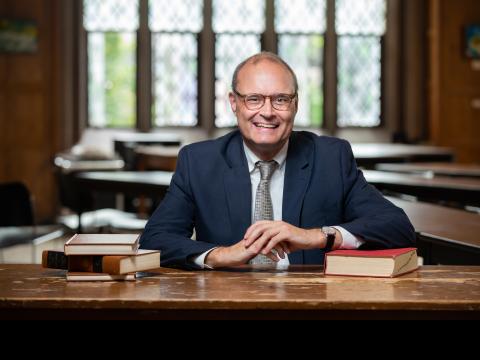Home: The Family of Abraham
It is often emphasized how radical the apostle Paul was in proclaiming that, through faith in Christ, Gentiles can enter into the people of God without first becoming Jewish and taking on obedience to the Mosaic Law: “those who believe are the children of Abraham” (Gal 3:7). What is less often noticed is that Paul is here simultaneously at his most traditional. It simply never occurs to him to say that descent from Abraham is unnecessary.
Read more














